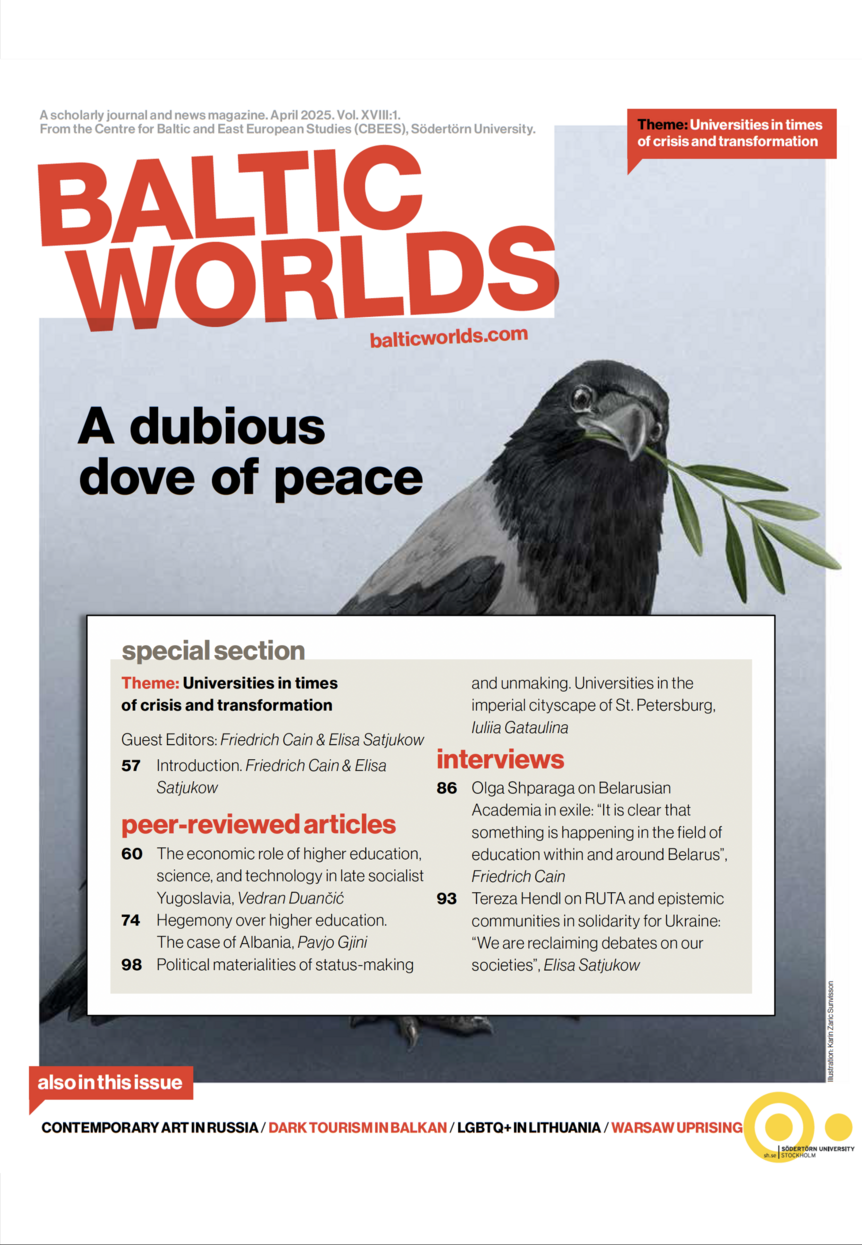Political Epistemologies of Central and Eastern Europe (PECEE)
International Research Initiative
The research initiative Political Epistemologies of Central and Eastern Europe (PECEE) – formerly known as (East) European Epistemologies – investigates modes of (self-)reflexivity in the history of the sciences and the humanities. Eastern, Central, and South-Eastern Europe have served as a starting point to gain a perspective on the interconnectedness of historical theories, practices and figures of knowledge production – “epistemologies” – within their political environments. The initiative is based on the assumption that due to the dynamic social, economic, intellectual etc. development of these areas the politics of such epistemologies can be studied at manifold examples. Thus, we aim to strengthen research in Historical Epistemology with a special focus on political implications, in order to radically situate historical theories of knowledge. This – as we believe – can help to better understand contemporary developments that hardly ever miss to connect the spheres of politics and research one way or another.
A central concern of the research initiative is to integrate research in the history of the sciences and the humanities in Eastern and Central Europe. We have initiated a series of research workshops and network meetings for early career scholars on pre- and postdoc levels. In 2022, we founded an official working group at the Gesellschaft für die Geschichte der Wissenschaften, Medizin und Technik (GWMT, Society for the History of Science, Medicine and Technology).

